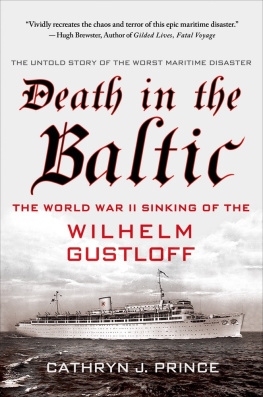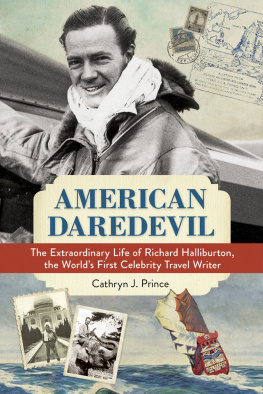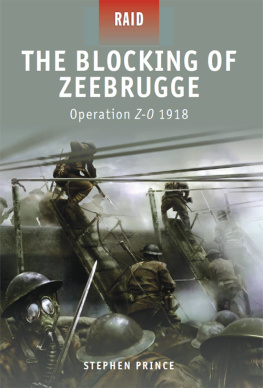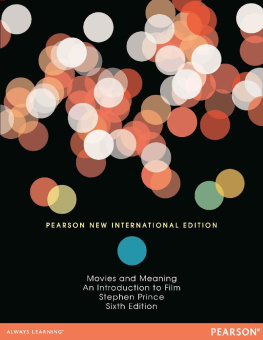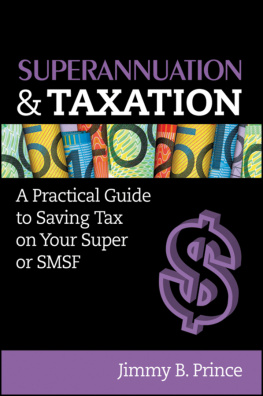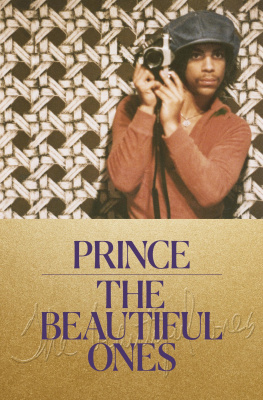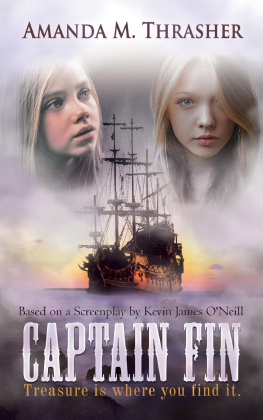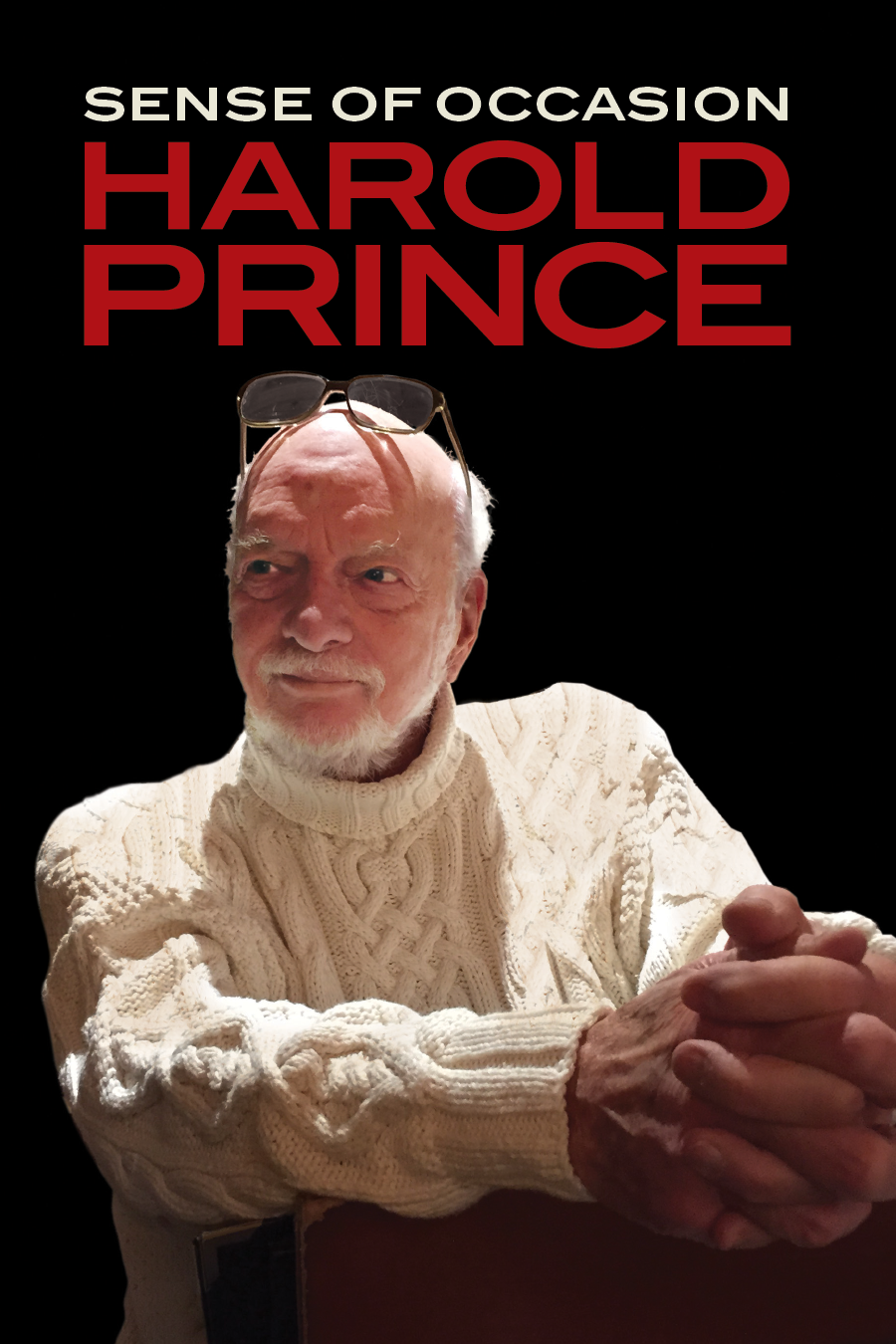Copyright 2017 by Harold Prince
All rights reserved. No part of this book may be reproduced in any form, without written permission, except by a newspaper or magazine reviewer who wishes to quote brief passages in connection with a review.
Published in 2017 by Applause Theatre & Cinema Books
An Imprint of Hal Leonard LLC
7777 West Bluemound Road
Milwaukee, WI 53213
Trade Book Division Editorial Offices
33 Plymouth St., Montclair, NJ 07042
Some of the material in this book was previously published in Contradictions: Notes on Twenty-Six Years in the Theatre 1974.
Life Is Happiness Indeed from Candide by Leonard Bernstein and Stephen Sondheim
Copyright 1994 by Amberson Holdings LLC. Copyright renewed.
Leonard Bernstein Music Publishing Company LLC, Publisher.
International copyright secured. Reprinted by permission.
Marry Me a Little, Being Alive, and Happily Ever After
Written by Stephen Sondheim.
Used by permission of Herald Square Music, Inc., on behalf of Range Road Music, Inc., Jerry Leiber Music, Rilting Music, Inc., and Silver Seahorse Music LLC.
Next from Pacific Overtures
Words and Music by Stephen Sondheim.
Book by John Weidman.
1975 (Renewed) Rilting Music, Inc.
All rights administered by WB Music Corp.
All rights reserved. Used by permission.
Reprinted by permission of Hal Leonard LLC.
Every reasonable effort has been made to contact copyright holders and secure permission. Omissions can be remedied in future editions.
Printed in the United States of America
Book design by Lynn Bergesen, UB Communications
Library of Congress Cataloging-in-Publication Data is available upon request.
ISBN 978-1-4950-1302-7
www.applausebooks.com
For Judy, Charley, and Daisy,
whose inspiration and generosity
immeasurably made all of this possible.
My love always.
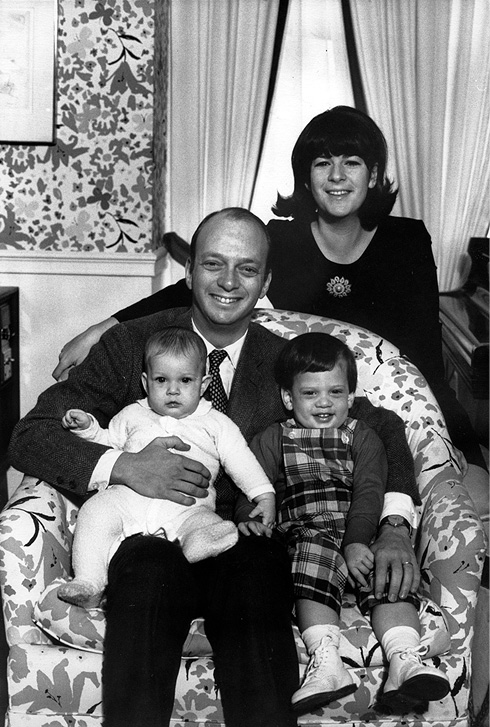
Authors Note
From the age of eight, when my parents took me to see the Mercury Theatres production of Julius Caesar starring Orson Welles, I knew there was something special about the theatre that could not be duplicated anywhere. Of course, there was no television then, but there were swell movies (not films in those days) and we lived for the radio. Never underestimate how potent radio was, for the simple reason that it invited your imagination: there were just those voices and you filled in everything else. I always felt that applied to the theatre as well; less is generally more because the audience is complicit with live actorswe fill in the blanks. You cant do that in a movie theatre or sitting before a television screen. And all of that I define as a heightened sense of occasion .
In addition (and this is less important), I remember when we dressed in the best we had for live theatre because we regarded it as an event of special importance. I sat in the second balcony of the magnificent Empire Theatre on Forty-First Street and Broadway to see Life with Father in the suitone with matching jacket and trousers and a white shirt and tie. I remember my heart beat faster as curtain time approachedanticipating a rare and precious occasion.
Introduction
2017
In 1970 John Fisher, editor of Harpers Magazine , invited me to write a book about my short career in the theatre, from office boy to assistant stage manager to producer to director/producer. I declined because my career had been so short, which is precisely why he made the offer. He saw that the theatre might be in for a seismic change because of the advent of television, and he asked me to chart the beginnings and effect of that change and, perhaps, to predict where it was going. I procrastinated. And then, I reconsidered. But still I didnt deliver. I expect Harpers lost interest by the time I wrote Contradictions four years later. It was insane arrogance to write Contradictions in 1974, but in a way it wasnt, of course. It was just much too soon, but in hindsight Im glad I wrote it.
Now, more than forty years later, Im ready to revisit the book and to complete itto see where I was right in my assessments and where I was wrong. The reflections on the first twenty-six chapters are all new material, and the remaining nineteen chapters cover the period from 1974 to the present.
I dont want this to seem like the grumblings of a grumpy old man who is nostalgic for the Broadway of the good old days . I am an optimist, and I hope my comments will be taken as an invitation to the new generation of wannabes to invest in a viable and productive artistic future. The theatre is dying was a punch line in Oscar Hammersteins lyric in the musical Me and Juliet and indeed the theatre has been dying for as long as its been living, so its problems are not irrevocable.
I dont expect to make friends with many of my observations about the dangerous direction the theatre has taken, but it is not my intention to offend anyone.
My comments about shows and collaborators are rarely in chronological order. That job was taken care of excellently by Foster Hirsch in his book Harold Prince and the American Musical Theatre . Rather, I offer here occasional anecdotes and additional insights into what I have experienced over the course of a long (seventy years and counting) career... ouch!
Introduction
1974
I get a lot of mail from theatre enthusiastsmany of them in universities, some, unbelievable as it may seem, still in the lower schoolswith questions about the creative and business areas of the theatre today. Ive worked almost exclusively on Broadway or on touring companies of plays which originated on Broadway, so the questions usually apply to Broadway theatre.
Though my work in New York has been predominantly on musicals, most of my opinions apply equally to plays without musicjust as, surprisingly, most of the questions I receive extend to nonmusical theatre.
The most popular and least possible question to answer by mail is: What is producing? It is generally followed by: What is the difference between the producer and the director? I have a form letter for those questions, and the more specific and stimulating ones I answer individually.
In the last couple of years my mail has tripled, and this year my letters often come from people who are doing doctorates on theatre and contain dozens of questions.
This book, then, grows out of my desire to cut down on my mail.
Also, Ive been working in New York since 1948, and this is as good a time as any to take some stock and come to some conclusions with respect to the way the theatre is going and just how invalided the theatre is. And, perhaps more personally, what my future in the theatre might hold. So in collating all these questions and asking more, Ive come to some conclusions, and ordered out of chaos the tangle of information, of experience, of surprises and disappointments, frustrations.
Ive had a unique life in the theatre, uniquely lucky. I went to work for George Abbott in 1948, and I was fired one Friday that year from a television job in his office. I was rehired the following Monday, and Ive never been out of work since. Perhaps Neil Simons play The Prisoner of Second Avenue got to me as profoundly as it did because the leading character came home one day and announced that hed lost his job. I suppose Ill always live in unreasonable, lunatic fear of losing my job.


